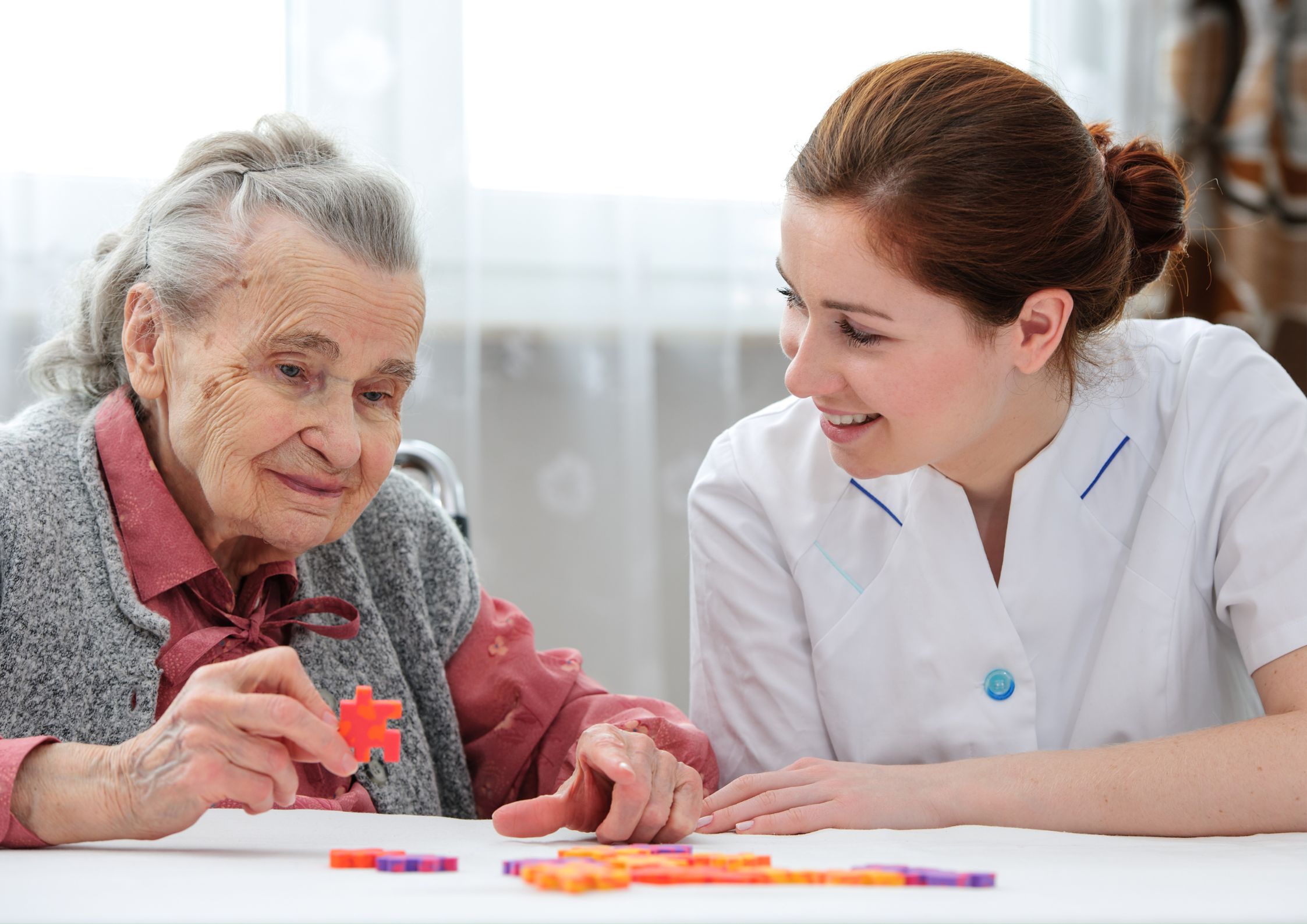
Many people feel helpless when a family member or a close relative is diagnosed with dementia. One may grieve, thinking that we have lost the relationship that we once had.
Yet the diagnosis is not a death sentence, and the decline in cognitive abilities of the loved one is not always fast. Despite the challenges, life can still be happy and meaningful — for us and our loved ones — if we focus on their feelings and make their emotional well-being our priority.
Shift the paradigm
Dementia may take away memories, but not the person we know. They may not remember or communicate like before, but they are still there. If their behaviour changes, it is most likely because they are afraid or unable to express their needs.
Imagine the frustration of being unable to recall our location or articulate our thoughts. We would feel the same if we could not remember where we were, how we got there, or how we could not find the words to say what we wanted.
Under these circumstances if people treat individuals with dementia differently, speak down to them, patronise, criticise or rush them, it can severely damage their self-esteem. It can initiate a downward spiral of fear, anger, confusion, and withdrawal, as happened to Christine Bryden*.
Bryden, 74 now, was diagnosed with dementia in 1995. She says: “It took me three years before I could speak openly about my diagnosis, overcoming the hopelessness and depression that… took me on a downward spiral of dysfunction,” she says.
(*Note: British-born Bryden, a biochemist and author now based in Australia, is a figure widely acknowledged for her advocacy of people with dementia.)
The key to their well-being lies in understanding that they may be very frightened. So we must find ways to build trust, boost their confidence, and be with them in their journey with dementia.
Read more: Dementia management and the constant risk of caregiver burnout
Putting their feelings first
For the person with dementia, the facts of an event may be forgotten entirely, but the feelings will remain. So it is important to keep in mind that feelings come first in dementia. When we reassure our loved one, it helps prevent sudden behaviour changes.
So how can we ensure this? Shirley Pearce, a dementia care specialist and founder of the charity Understanding Dementia (Twyford, Berkshire, UK), offers tips which she calls the A-B-C of well-being in dementia.
- A – Avoid asking questions
People with dementia have difficulty recalling facts. When we ask them a question, they may search their memory and find nothing. Being unable to answer a question can make them feel very embarrassed, and the more this happens, the worse they will feel.
So, instead of asking a question, use a statement. We remove the immediate demand and offer a suggestion, says Pearce. For example, instead of asking `Would you like a cup of tea?’ we can say `Perhaps it’s time for tea…’ and then pause to see if they like that idea.
It takes practice to learn this, as we use questions all the time in conversation. Avoiding questions helps to remove some of the daily difficulties that a person with dementia could face in any social situation.
Penny Garner, the founder of the Contented Dementia Trust, stresses the importance of avoiding direct questions. Garner found that when her mother developed dementia, she could become confused or agitated if someone asked her a direct question.
A caregiver from the Triangle of Care Trust, UK, shares the measures she took to ensure her mother did not face many questions.
“When my mother was admitted to hospital in an emergency, I sought to ensure the doctors and nurses recognised me as her carer; otherwise, there was a serious danger they would cause her distress if they asked her lots of questions in my absence,” says the carer.
- B – Be a buddy
Dementia can make people feel lonely and isolated, even when they are not alone. They may want someone alongside them, a companion who will support them and be on their side. It becomes more important as dementia progresses.
Involve the person with dementia in conversations and do not talk over them. “We should never assume that by talking to the carer you do not need to talk to the person with dementia; both need to be included,” advises another carer.
When they speak, listen carefully and acknowledge what they are saying. Show interest in their stories, even if they repeat themselves several times. Your support, attentiveness and keen listening will show them that you are a buddy. With your support, they will have more confidence and better self-esteem and be less likely to become upset in social situations.
- C – Cut out contradiction
The person with dementia will not remember the ordinary things that we do. If we argue about the facts of something, it will upset them, especially facts about their own life. They may use their old memories to make sense of what is going on now.
When the person with dementia gets their facts wrong, do not contradict them. Their feelings matter more than whether something they say is right or wrong. If what we said contradicts their version, try saying, “Sorry, my mistake!” You might feel silly, but that is better than insisting they are wrong and upsetting them.
Happier means safer
When people around them focus on well-being and with respectful and attentive care, persons with dementia feel happier and safer and are less likely to walk out of the house or fall over.
In her memoir, The Year My Family Unravelled, Cynthia Dearborn from Australia shares her journey of how she cared for her father for 20 years. In an article excerpted from her book in The Guardian, she says that her father had no awareness that he had dementia and refused her attempts to help him. “I hired an eldercare manager to help me figure out a way around this,” she says in the article. “When I told her I wanted to keep him safe, she said that was impossible: I could only try to keep him safer. That small grammatical shift helped me hugely: it changed my task from impossible to doable,” says Dearborn, offering a valuable insight into caregiving.
Understanding her limits helped Cynthia Dearborn to focus on what she could do. “I came to terms with the fact that I couldn’t work miracles, but I could try to make the conditions of my dad’s daily life less dangerous, less frightening, more comfortable, more enjoyable,” she adds.
You matter, too
As a caregiver for someone with dementia, it is vital to make self-care a priority.
- Caring for someone can be emotionally draining. Give yourself regular space and time to recharge and recover.
- Allocate time for your interests and not just the usual tasks.
- Consider if there is someone you trust who can be a companion to the person with dementia when you need to attend to other responsibilities.
Ensure all-round support
A dementia diagnosis can open doors to various forms of assistance:
Discretely inform family and close friends, health and care agencies about the diagnosis and explore the support they offer. However, it is advisable not to constantly discuss the diagnosis in the presence of your loved one, as they do not need reminders that things have changed.
Where to find help:
Understanding Dementia – charity in England
Contented Dementia Trust – charity in England
Nightingale Medical Trust — working since 1998 with persons having dementia and Alzheimer’s.
Alzheimer’s & Related Disorders Society of India – established in 1992, it provides care and support for people with dementia, and assists and guides their caregivers.

Read more: D for dementia: vitamin D could stave off dementia, finds study
Read more: Study reveals link with psychotic disorders and dementia

















